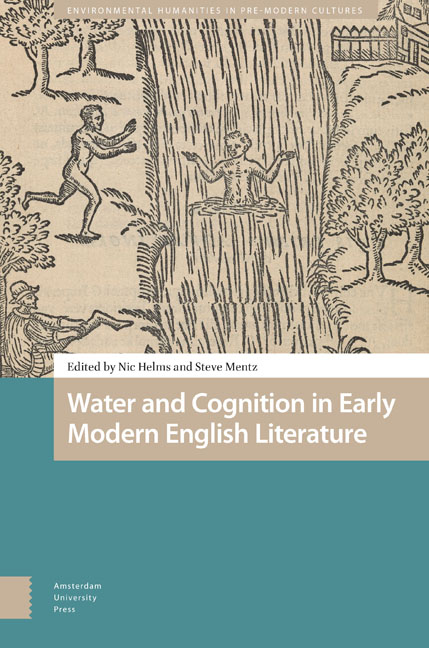Book contents
11 - Estuarial Rage and Resistance in Pulter’s “The Complaint of Thames”
Published online by Cambridge University Press: 16 April 2024
Summary
Abstract
This chapter explores Hester Pulter's poem “The Complaint of Thames.” The river laments the imprisonment of Charles I by the Parliamentarians in 1647; she expresses political rage, seeing herself as having lost global status with the downfall of the English King. The river Thames calls on the ancient sea monsters Scylla and Charybdis to cleanse England of the scourge of the Parliamentarians by drowning them in estuarial floodwaters. But the river's descriptions of a violent Caroline court and her call for community with global river cultures reframes the sea monsters, linking environmental and political resistance. Pulter deploys but also sometimes upends racist, sexist, and ableist tropes about dark environments and monsters; she posits dissolution and revolution—submersion in estuarial waters—as central theological, poetic, and political tenets.
Keywords: Hester Pulter, estuary, environmental justice, monstrosity, English Civil War politics, gender
In a 1661 pamphlet titled Fiat Lux, John Vincent Canes asserts that the nonhuman world does not simply exist for human use:
I should of myself be so far from thinking that the stars of the firmament are onely for our use; that I should doubt whether the very elements amongst which we live and breath, earth, aier, and water, and the beasts minerals and plants contained in them, are onely made to serv us, tho chiefly intended for our benefit … And if we were such absolute lords of the world as we conceiv ourselves to be, how is it that nothing at all in natur is at our command? not the sea, not the aier, not the earth itself, nor any thing upon it or in it, will either come or go, or alter, or stop his course at our pleasure: which King Canutus observed well, when standing with his nobles by the Thames side, he perceived the tide to rush upon him, altho he had commanded it to com no nearer.
Canes sounds surprisingly like a modern environmentalist. He punctures ideas about human exceptionalism and anticipates a Foucauldian skepticism about origins and knowledge: as he notes, even if one were to “pursue the river of Thames to his first original,” one could never fully tell “how far it creeps under ground before its appearance;
- Type
- Chapter
- Information
- Water and Cognition in Early Modern English Literature , pp. 237 - 256Publisher: Amsterdam University PressPrint publication year: 2024

